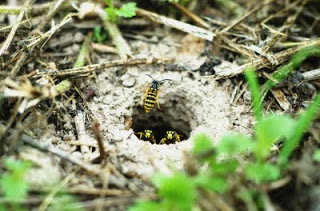After most guests had arrived, the host passed around a microphone so each person could give a 30-second introduction. The idea was to say something compelling about your business so those who might be interested in your products and services could seek you out later.
Fortunately, I didn't have to go first. I wasn't sure of the best approach.
When it my turn did come, I felt like I blew it.
I didn't exude confidence. I didn't grab their attention. Not a single person came up to me afterwards.
During the rest of the reception, I spent a ridiculous amount of time beating myself up for not taking full advantage of that opportunity.
My inner critic was running rampant.
When I got back to my hotel room, I knew I needed to do something to let go of this incident. Otherwise, I’d waste valuable time and energy dwelling on something I couldn’t change…and feeling bad about myself in the process.
In our ProStar Coach system, we teach five questions to help a person process a situation, to draw out lessons learned and make improvements the next time.
We call them “magic” questions because they are truly transformational.
I decided to write out the answers these questions. It would force my brain to think about the situation in a different light.
1. What Happened? What was the sequence of events? Who did what?
2. Why did it happen that way? What were the causes?
3. What were the consequences? Think about the impact of the event. Outcomes? Benefits? Costs? Problems? Resolutions?
4. How would you handle a similar situation in the future? What lessons can you take away that you can apply if this happens again?
5. What will you do NOW? What is your next step?
I wrote down my answers to each question on a piece of paper. Completing this exercise helped me stop thinking about what I’d done and forced me to focus on creating a positive outcome in the future.
The process of thinking through those questions gave me an amazing amount of insight and helped me let go of the past. The endless replays of the earlier scene stopped.
When you encounter a situation that doesn't go the way you’d hoped, take a few minutes to answer these questions.
Don’t just think about them. Write out or type your responses.
This reflection process is one of the most powerful tools available for letting go of the past and creating a positive attitude about the future.






